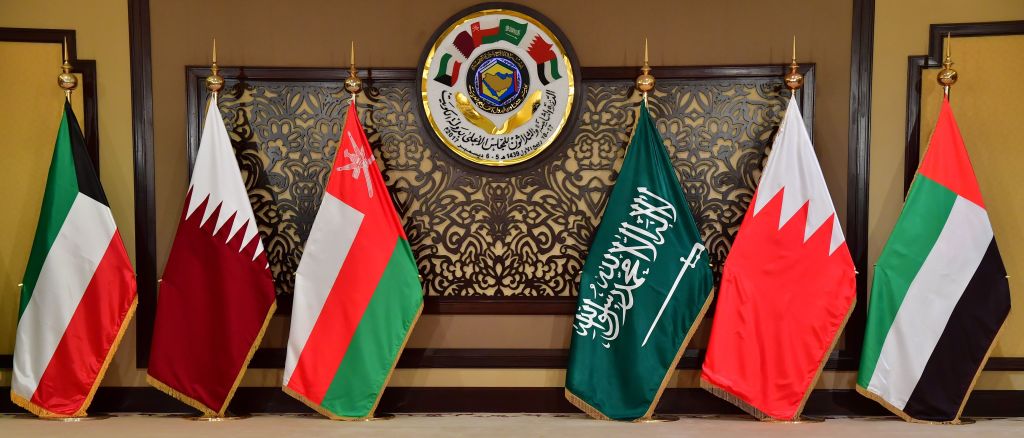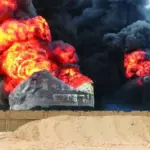Gulf Cooperation Council (GCC) will encounter a dynamic interplay of global politics that are reshaping the region’s economic plans, security postures, and diplomatic engagements. The GCC, which includes Saudi Arabia, the United Arab Emirates, Kuwait, Oman, Qatar, and Bahrain. THE GCC is at a crossroads of shifting alliances and geopolitical rivalry, navigating challenges from big powers. It zealously pursuing domestic reform and diversification efforts.
The Gulf Cooperation Council’s geopolitical position remains both a difficulty and an opportunity. With heightened regional conflicts and global tensions—such as the ongoing Iran-Israel wars and Cold War-era influences. The Council is carefully balancing its foreign policy. It retains critical security alliances with the United States and the United Kingdom while also strengthening trade and diplomatic ties with emerging global players such as China, India, and Russia. This dual strategy reflects a strategic goal to remain economically and politically stable as the global order becomes more multipolar.
Economic Diversification in an Uncertain Global Economy

Economic growth in the GCC is expected to reach 3.2% in 2025 and accelerate to 4.5% in 2026, primarily driven by non-oil sectors. Uncertainties, such as global trade disruptions and economic slowdowns, necessitate the GCC to actively reconsider its reform program. The region’s efforts to diversify away from hydrocarbon dependence include increasing private consumption, entrepreneurship, and innovation. This is confirming the GCC’s reputation as not only an energy powerhouse but also an emerging hub for technology and futuristic industries.
Amid continuous regional security concerns, the GCC collectively promotes collaboration in countering terrorism and extremism. It emphasizes the importance of tight coordination with international organizations and neighboring governments in maintaining peace and stability. The Council is also playing an important role in preventing security vacuums that may destabilize the entire Middle East.
Promoting Global Governance and Innovation
Beyond regional concerns, the GCC is establishing itself as a major participant on the world scene. By leveraging innovation, strategic diplomacy, and multi-stakeholder discussion, the Council is establishing new benchmarks for resilient government in a complex world. This change is about more than just technology-driven growth. It is also about supporting cooperative frameworks in trade, environment, health, and security, embracing a future in which global concerns necessitate joint action.
A significant advantage is the region’s unique status as a geopolitically non-aligned partner. The one who enables it to mediate and bridge gaps between major international powers while advancing its commercial and security interests. This adaptable stance is crucial as the GCC seeks to shape its role as a stabilizing force in the face of global uncertainty while avoiding zero-sum rivalry.
In 2025, the Gulf Cooperation Council illustrates a region emerging under the tremendous influence of global politics. Its approach is characterized by pragmatic diplomacy, sound economic policies, and ambitious reforms aimed at ensuring long-term prosperity and security in an increasingly fragmented global context. As Gulf nations reinvent their global roles, their success will be dependent on balancing internal resilience with purposeful international participation.








